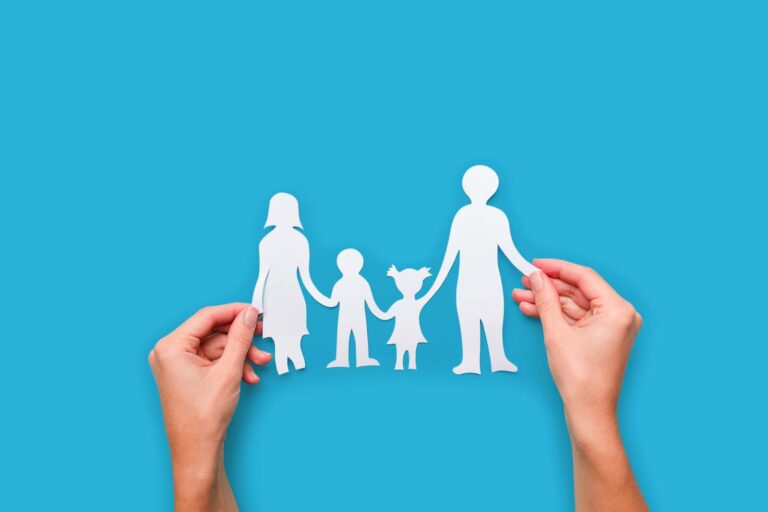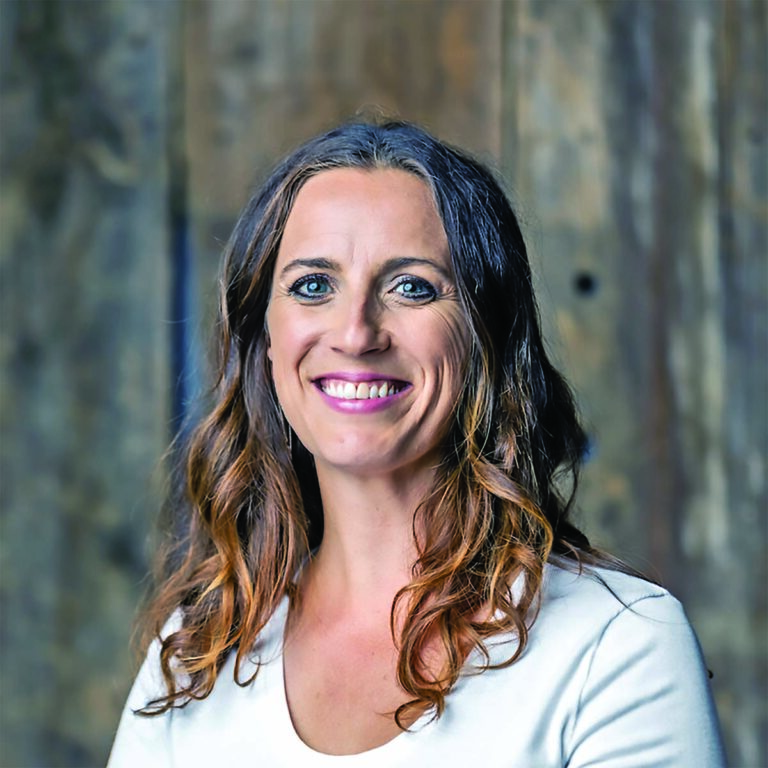My brother died in the days leading up to Thanksgiving, and for a few days, the holiday spared me from having to break the news to anyone beyond our family and those closest to him. But as Monday drew near, I wrestled with how to tell my team I wouldn’t be back to work yet – and why.
“My brother has passed away unexpectedly.” That was the best I could manage to balance honesty with avoiding the raw truth-my brother died from suicide. I wanted my colleagues to know his death was not expected, that I was shocked and unprepared, but I wasn’t ready to talk about how he died. Looking back, I think I needed to preserve one small space where the how wasn’t reality yet.
Fighting for the right words proved harder than I expected, but what I was coming to realize in those early days was that the challenge wouldn’t just be the words I chose.
My brother was a peace officer, and he died in a public place. His death was never a private matter. Suicide rates among law enforcement officers in smaller agencies like his are four times higher than in the general population. Local media in the community where he died picked up his story quickly – suddenly we were under a microscope when all we wanted was to disappear. Hiding from the truth wouldn’t have helped, but my family and I weren’t prepared to have no say in what was shared and when – our grief laid bare for all to see.
Soon, anxiety over how people we didn’t know would talk about him tangled with my grief. My worry grew about a phenomenon known as suicide contagion, where exposure to stories of suicide can increase the risk for those who may already be contemplating it. How would the coverage affect people who were struggling? How would the coverage affect his colleagues, some of whom were first on scene? I also worried for his daughter. What would she find someday when she was old enough to search for her dad’s name?
Working in public information meant I could anticipate and even shape some of the coverage—trying to protect my brother’s legacy and soften the blows of strangers’ words for my family. I was grateful to have that skill set but needing it for this wasn’t something I was prepared for.
One morning a few days after he died, I got a call: “I just got off with the medical examiner’s office. They mentioned a media inquiry about him.” I knew what that meant, and unlike with the first statement shared about him, I was grateful for a heads up. Medical examiners often publish basic information about deaths they investigate – name, date, manner. Few words, typically, but ones that hold a lot of weight. The manner of my brother’s death was knowBy some, could be implied in the careful wording of the initial public statement about his death, but not yet officially released. Not for the world to see.
I called the medical examiner’s office immediately. “What are you going to release?” What I was really asking was “what exactly are you going to say?” The stranger on the other end slowly listed details I already knew – but hearing their carefully chosen but raw phrasing, knowing they’d share it with media in less than two hours, was jarring.
Words have weight, good and bad. The weight of compassion, hesitation, or grief. Sometimes the weight of a word can be a stone hurled through the glass of a reality that’s already shattering around you.
Some media outlets chose not to cover his death. Most who did covered it with compassion and care. One did not, headlining the graphic detail of the method he used-a harmful practice that is both distressing and closely tied to contagion. Knowing it was hard enough. Seeing the words splashed across screens and doorsteps was something else entirely.
My brother died from suicide. I’m careful to say it exactly that way, now that media coverage has slowed and I’m choosing the words. I choose to center the struggles he faced rather than the morality that can take center stage when someone takes their own life. I choose to center his loss instead of the graphic details of how he died. The care of the words doesn’t change what happened, but with time they’ve become a way to hold the truth without wounding.
If you or someone you know is struggling, call or text 988 or contact 1-844-493-8255 for 24/7 support.
Kelli Curl is a communications and public health professional who lost her brother to suicide in 2024. She shares her story in hopes of helping others feel less alone.






